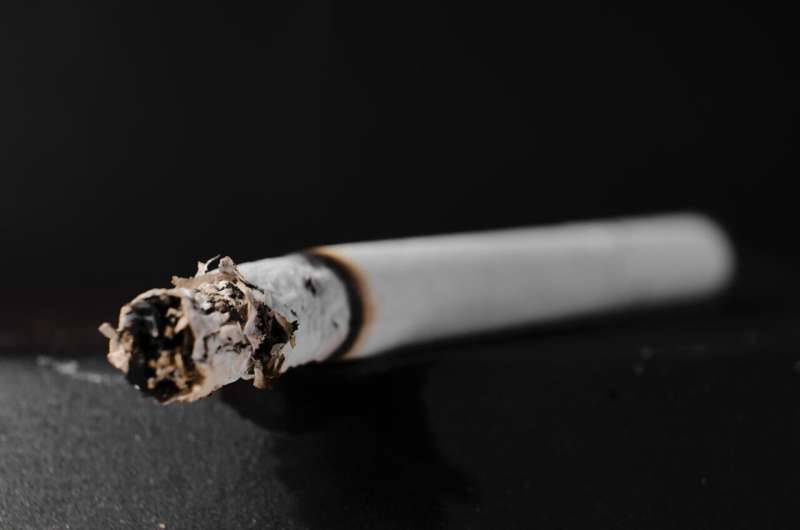Many New Jersey merchants will sell tobacco products to underage buyers

Although New Jersey and federal law both prohibit merchants from selling tobacco to customers under the age of 21, a Rutgers study finds high rates of non-compliance. Underage buyers aged 18 to 20 visited tobacco retailers in New Jersey and successfully purchased cigarettes, cigars and other tobacco products in more than 40 percent of store visits.
In a study to be published in JAMA Network Open, researchers said that while buyers in this age range were carded in 65.9 percent of purchase attempts, they were still successful at purchasing 14 percent of the time, and stores sold them the requested products even when buyers used a valid driver’s licenses that clearly showed them to be under 21.
Independent (non-chain) convenience stores and gas kiosks carded less frequently than chain convenience stores. The strongest predictor of an underage sale was failing to card.
“The takeaway is that current conditions may prevent some easily discouraged buyers from acquiring tobacco products, but underage buyers who want tobacco products will have no trouble acquiring them,” said lead author Mary Hrywna, an assistant professor at the Rutgers Center for Tobacco Studies and Rutgers School of Public Health. “Despite the law requiring stores to sell only to buyers at least 21 years of age, underage buyers are likely to find a store that will sell to them.”
The study team recruited and trained five people aged 18 to 20 as buyers and then sent each of them, individually, to more than 80 stores within a 25-mile radius of New Brunswick. Attempted purchases took place between 2019 and 2020, well after the passage of both a 2017 New Jersey law that raised the age for tobacco purchase from 18 to 21 and a 2010 federal law that requires merchants to card anyone who looks younger than 27. Effective Dec 20, 2019, the US also passed a federal law increasing the minimum age of tobacco purchase to 21.
Study buyers were instructed to ask for tobacco products but never to lie about their age and always to present their real driver’s licenses to stores that asked for identification. Licenses issued to NJ residents under 21 are vertically oriented, so cashiers who asked for identification could immediately see, without having to do any math, that would-be purchasers were underage.
The study is the first to highlight Tobacco 21 disparities by tobacco retailer density, defined as the average number of tobacco retailers per 1,000 people. As tobacco retailer density increased, so did failure to ask for ID.
Cristine Delnevo, director of the Rutgers Center for Tobacco Studies and principal investigator of the National Cancer Institute grant that funded this work, said, “This is an important finding because we also know that greater tobacco retailer density is more common in low-income neighborhoods and young people are more likely to use tobacco when they live in neighborhoods with a high density of tobacco retailers. We could do more to reduce the retail availability of tobacco products by limiting the number of tobacco retailers and sales to minors.”
Future studies from the same group will conduct similar observations in North Carolina, where tobacco restrictions have traditionally been less stringent, and in New York City, where they have traditionally been more stringent. This follow-up work is designed to see how much the willingness to sell tobacco products varies across different policy environments.
Source: Read Full Article
